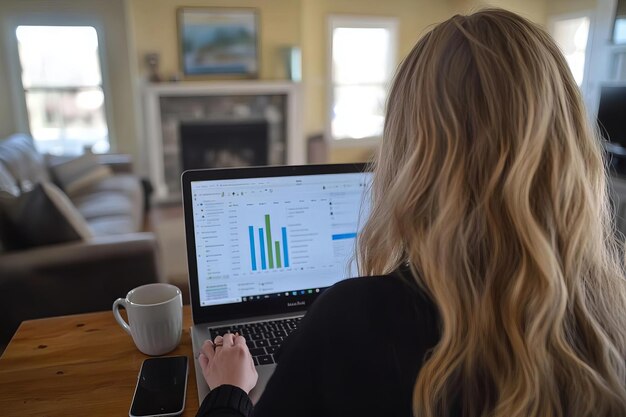Discover the Cost of a 2-Bedroom Apartment: What You Need to Know
Finding the price of a 2-bedroom apartment isn't simply a matter of looking at a single number. Those costs can vary significantly depending on location, amenities, and market conditions. Whether you’re eyeing a bustling city center or a serene suburban area, it's essential to understand what's influencing these figures and how you can plan your finances to manage rent effectively.
Location Matters
Urban vs. Suburban Living: The city often commands higher prices for apartments due to the demand for proximity to jobs, public transport, and a lively lifestyle. In contrast, suburban areas generally offer more space at lower costs, though commuting can add to your expenses.
Consider these average monthly rent estimates:
- New York City: $3,500 or more
- San Francisco: Around $3,300
- Dallas: Approximately $1,500
- Indianapolis: Roughly $1,000
Regional Variations: Rental prices fluctuate across different states and cities. Coastal cities tend to have steeper rent, while locations in the Midwest and South provide more budget-friendly options.
Impact of Amenities
Building Features: Apartments with enhanced amenities like pools, fitness centers, or security services usually come at premium rates. On the other hand, older buildings or those without such features might offer more competitive pricing.
Unit Upgrades: Renovations, high-end appliances, and modern interiors also contribute to rent differentiation. It's beneficial to assess whether these features align with your priorities and budget.
Financial Planning Insights
Paying rent is a monthly commitment that requires thoughtful financial management. Here’s how you can approach it:
Government Aid and Financial Assistance
Housing Vouchers: Programs like Section 8 provide assistance to qualifying individuals to bridge the gap between their income and housing costs. This can make renting a 2-bedroom apartment more accessible.
Income-Based Housing: Some cities have options where rent is determined by your income, ensuring housing remains affordable.
Debt and Budgeting Solutions
Debt Relief Options: For those burdened by high-interest debts, consolidating or refinancing loans can free up funds for rent.
Budgeting Tools: Apps and financial advisors can help create effective budgeting strategies, enabling better management of income and expenses.
Credit and Educational Programs
Credit Counseling Services: Improving credit scores may lead to better rental terms and conditions. Free or low-cost credit counseling can show you the way.
Renting Education: Workshops and educational programs teach about managing finances effectively, understanding leases, and renters' rights.
Making Your Apartment Affordable
To ease rent burdens, consider additional strategies like negotiating the lease terms, seeking roommates, or timing your move to coincide with lower demand seasons. Adjusting lifestyle habits and discretionary expenses can also create more room in your budget.
Renting a 2-bedroom apartment entails understanding various factors that influence cost. By leveraging assistance programs, refining your financial management skills, and exploring supplemental resources, you can align your housing goals to your financial realities with greater ease.
Helpful Resources for Renters 🏠
- Section 8 Housing Voucher Program: Federal assistance for low-income renters
- Affordable Housing Locator: Find income-based housing options nearby
- Free Credit Counseling: Improve your credit score and rental prospects
- Budgeting Apps: Tools to help manage your expenses effectively
- Debt Management Programs: Simplify your debts to enhance financial stability
- Financial Workshops: Gain insights on saving, spending, and investing
- Roommate Matching Services: Share costs to make renting more affordable

